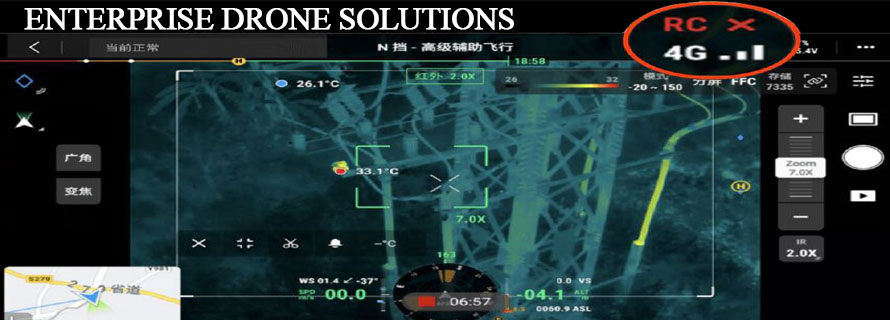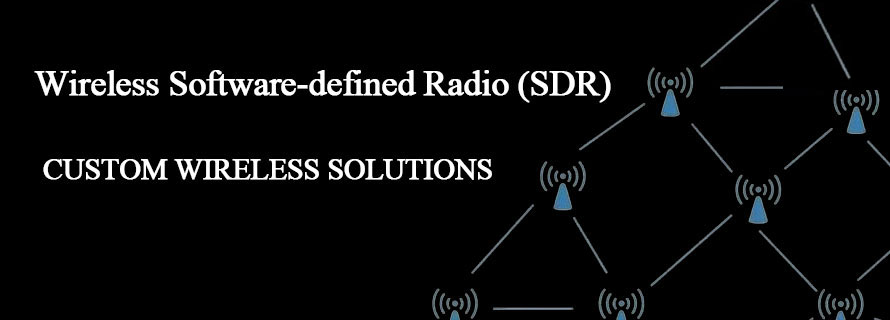-
Tools you need to install capillary column
1. Cutting tools, such as diamond, carbon head pen, ceramic wedge etc;2. Magnifier (10X - 20X)3. Ruler4. Wrench5. Ferrule6. Solvent bottle7. Clean syringe needle8. Non-column retained compound sample9. Mixed sample for chromatographic column test10. Flow meter11. Others, such as washer, O type ring etc.
-
Installation steps of capillary column
1. Check gas filter, carrier gas, sample injection washer and liner pipe etc.;2. Fix nut and ferrule to column, carefully cut flat the two terminals of chromatographic column;3. Connect chromatographic column to sample injection inlet;4. Connect to carrier gas;5. Connect chromatographic column to detector;6. ...
-
How does a gas chromatograph work?
Gas chromatograph is an important instrument for separating and measuring the mixed compounds with low boiling point. It is suitable for chemical, food, gas and research analysis. Gas chromatography analyzes gas substance or substance which can be converted into gas at a certain temperature. Because ...
-
Impact of Operation Conditions on Chromatographic Separation
The operation conditions have a great influence on chromatographic separation. Column length and column inner diameter: Generally, if the length of column is increased, the separation ability can be improved accordingly. Smaller column inner diameter, better separation performance. Larger column innder ...
-
Comparison of Chromatographies
Paper chromatography, thin layer chromatography, high performance liquid chromatography and gas chromatography are widely applied chromatographic techniques. They have their own advantages and disadvantages and application scopes. Paper chromatography is the cheapest one of them, however, its time of ...
-
Chromatography categorized by stationary phase shape
1. Column chromatographyIf stationary phase is installed in the chromatographic column, it is called column chromatography.Column chromatography can be categorized again by its size, structure and making method. Therefore, there are packed column chromatography, capillary column chromatography or open ...
-
Introduction to chromatography
Chromatography is a high-performance physical separation technique, which is used in analytical chemistry with suitable measurement approach. The first application of chromatography is used to separate plant pigments. The method is: put calcium carbonate in a glass tube, and put petroleum ether containing ...
-
Precautions for use of gas generators
(1) Hydrogen generator Check desiccant of generaotr. Replace it in time. If desiccant is broken, its alkali solution will damage the generator. (2) Air generator Replace molecular sieve and desiccant regularly. (3) Nitrogen generator If the purity of gas source is not high, try not to use ECD.
-
Precautions for use of high pressure gas cylinder
(1) Gas cylinder should be placed in a well ventilated place, away from sunlight, comply with precautions of use of liquefied gas. (2) Environment temperature is below 40℃. (3) Fire is forbidden within 2m from gas cylinder, at the time, fire fighting equipment should be provided. (4) Check leakage ...
-
General principle of carrier gas selection
• Inert gas (No chemical reaction with sample or stationary phase during analysis)• Non-corrosive• Do not decompose in temperature range of 200℃ to 400℃• Small gas diffusion coefficient to improve column efficiency• Reasonable price• Do meet the requirements of detectors



